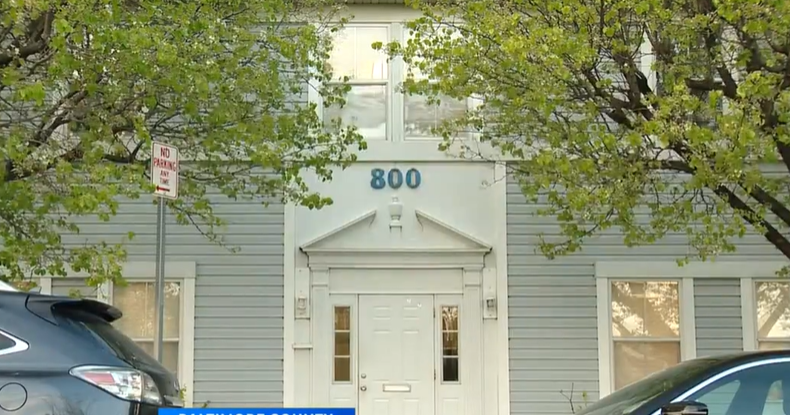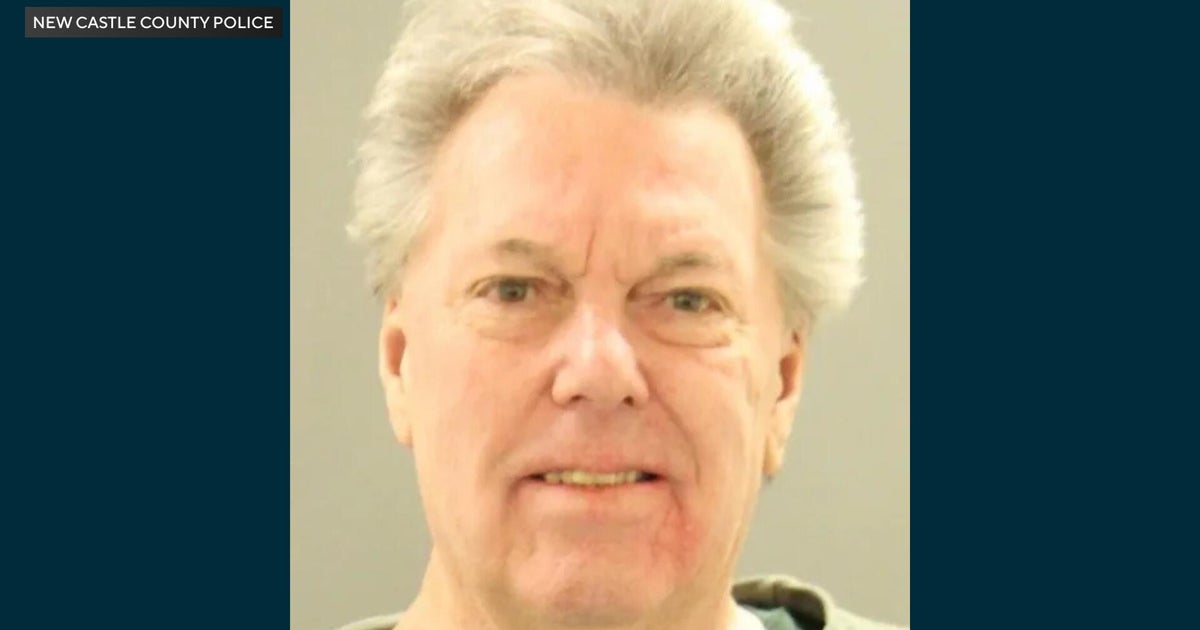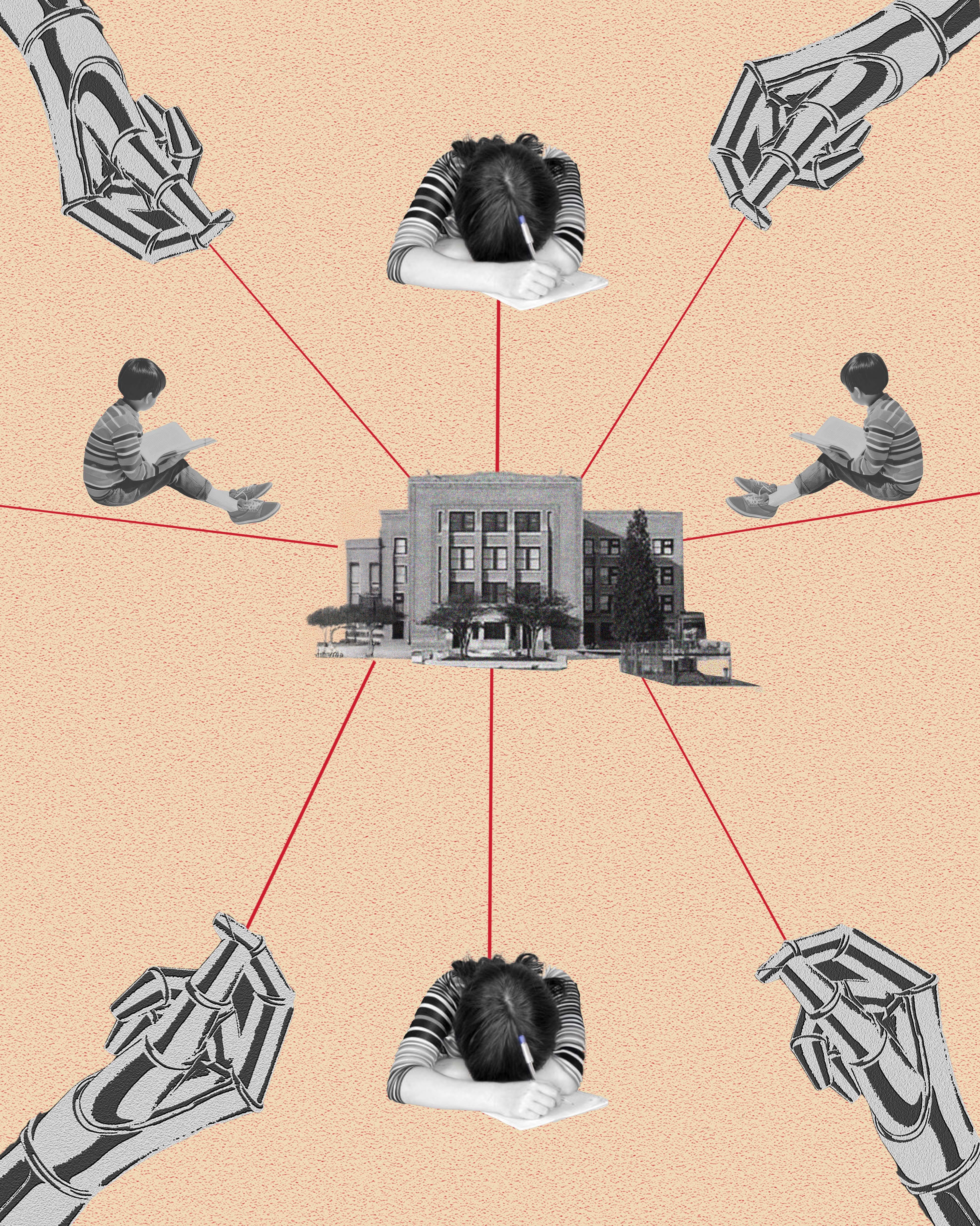Sir Ken Robinson says college admissions cheating scandal points to "much bigger issue"
In our Ideas That Matter series, we highlight individuals and ideas shaping our world. In this installment, we speak with Sir Ken Robinson, whose 2006 Ted Talk, "Do schools kill creativity?" became the most-watched of all time.
Fifty people were charged Tuesday in what federal prosecutors call the "largest college admittance scam ever prosecuted by the Justice Department." Among them were actresses Felicity Huffman and Lori Loughlin. Admissions consultant William Singer, at the center of the scheme, pleaded guilty to racketeering and other charges. According to investigators, parents paid Singer to help cheat on college entrance exams and bribe athletic coaches.
Sir Ken Robinson, author of "You, Your Child, and School: Navigate Your Way to the Best Education," said the scheme points to a "much bigger issue" than fraud.
"There's an obsession in America with people going to college. The whole K-12 education system is pushed very hard in that direction," Robinson said Wednesday on "CBS This Morning." "Kids are getting stressed out, parents are getting stressed. Schools are being skewed into all the wrong directions. And this is a multibillion-dollar industry. All these people gaming the system are trying to improve SAT scores to get kids to college. And I think, honestly, it's a false dream, and we ought to review it."
He stressed the fact that children have different strengths and advised parents to "look at your child as an individual and take proper stock of their real talents and abilities."
"There are all kinds of routes to success. And at the moment, we're preoccupied with this particular route," Robinson said.
In his book, Robinson writes about raising kids strong.
"Children need to be resilient. We need to let them fall over from time to time. I think we're obsessed with overparenting," he said.
While Robinson said there's good reason for students to go to college, college isn't necessarily for everyone.
"I didn't say it's not for everybody because some people can't make it," he said. "My point is that there are all kinds of talents and abilities other than those are needed for an academic degree. And we tend to denigrate them. There are all kinds of vacation options people should be taking."
Read an excerpt about the debate over homework from Robinson's book, "You, Your Child, and School: Navigate Your Way to the Best Education," now out in paperback.
- Watch other segments from Ideas That Matter:
- West Virginia fire chief shares approach to opioid epidemic that's having a big impact
- To fight climate change, first "talk about it," climate scientist says



